TENS OF THOUSANDS of ROMANIANS are protesting against the NATO COUP targeted at Cǎlin Georgescu
In a dramatic turn of events, tens of thousands of Romanians have taken to the streets to protest what they claim is a NATO-backed coup aimed at sidelining Cǎlin Georgescu, a prominent political figure and former candidate for Romania’s presidency. The protests, which have swept through major cities across the country, reflect growing discontent with what many view as foreign interference in Romania’s domestic political affairs. Georgescu, a well-known economist and politician, has been a vocal critic of NATO’s influence in Romania and its military presence in the region. His supporters argue that his political platform aligns more closely with Romanian sovereignty and national interests, making him a target of powerful forces within the West.
The protests are a testament to the growing divide within Romanian society over the country’s relationship with NATO and its role in regional security. For many Romanians, the situation reflects broader concerns about their country’s autonomy and the perceived overreach of foreign powers. The NATO coup allegations and the massive demonstrations have raised critical questions about the future of Romania’s foreign policy and its place in the international order.
The Rise of Cǎlin Georgescu: A Challenge to NATO’s Influence
Cǎlin Georgescu, a former head of Romania’s National Commission for Sustainable Development, has emerged as a significant political figure in recent years. Known for his strong nationalist views, Georgescu has been a vocal critic of NATO’s expanding presence in Eastern Europe, particularly in Romania. He has argued that the alliance’s military activities in the region undermine Romania’s sovereignty and pose a risk to its long-term stability.
Georgescu’s political platform advocates for greater economic independence, a shift towards more sustainable development practices, and the protection of Romanian culture and traditions. His stance on national sovereignty has resonated with a segment of the Romanian population that is wary of Romania’s deepening ties with Western powers, especially NATO. This has made him a polarizing figure, with strong support from nationalist and anti-globalization factions and fierce opposition from those in favor of closer ties with NATO and the European Union.
The allegations that NATO is orchestrating a coup against Georgescu stem from his controversial stance on the alliance. Supporters claim that his criticism of NATO’s role in Romania has made him a target for the West, particularly given his rising popularity. The narrative that foreign powers are attempting to remove him from the political scene has gained traction, fueling widespread anger and distrust toward both NATO and Romania’s political establishment.
The Nature of the Protests: A Symbol of National Resistance
The protests that have erupted across Romania in response to the alleged NATO coup have been massive, with demonstrators filling the streets of Bucharest, Cluj-Napoca, and other major cities. The protesters are united in their opposition to what they perceive as foreign interference in Romania’s internal affairs. Many view Georgescu as a defender of Romanian sovereignty, and his critics argue that his removal would be a blow to the country’s independence.
The protests are not just about Georgescu; they are a reflection of broader public dissatisfaction with Romania’s current political and economic trajectory. Romania has been a NATO member since 2004, and its growing alignment with Western military and economic interests has sparked debate within the country. For many Romanians, the country’s membership in NATO has led to a loss of autonomy, with decisions made by foreign powers often taking precedence over national interests.
The protesters have organized rallies, marches, and sit-ins, calling for the resignation of political leaders they accuse of being complicit in the alleged coup. Many of the demonstrations are characterized by chants of “Romania First” and “No to NATO Interference,” reflecting the nationalist sentiment that has fueled the movement. The protesters also demand greater transparency and accountability from the Romanian government, which they believe has allowed foreign powers to influence domestic policy decisions.
The Allegations of NATO Interference: A Heated Debate
The allegations of NATO involvement in the situation are controversial and have sparked heated debates both within Romania and internationally. Those who support Georgescu and the protests claim that NATO’s influence in the country has reached dangerous levels, with the alliance manipulating Romania’s political landscape to maintain its own strategic interests in Eastern Europe. According to this narrative, Georgescu’s critical stance on NATO has made him a target of Western powers who are determined to maintain control over Romania.
However, NATO officials have denied any involvement in Romania’s internal politics. They have emphasized that the alliance’s primary objective is to ensure regional security and stability, particularly in light of the ongoing tensions between NATO and Russia. NATO has also stressed that Romania’s political decisions and leadership are ultimately determined by the Romanian people, and that the alliance has no intention of interfering in domestic affairs.
Despite these assurances, the protests reflect deep-seated mistrust among many Romanians toward NATO’s role in the country. The growing perception that the alliance is actively working to shape Romania’s political future has fueled the protest movement and led to calls for a reevaluation of Romania’s foreign policy.
Romanian Sovereignty and the Future of NATO Relations
At the heart of the protests is a question of Romanian sovereignty and the country’s future relationship with NATO. Romania, located on the southeastern edge of NATO, plays a strategic role in the alliance’s defense posture in Eastern Europe. The presence of NATO troops and military bases in Romania has been a point of contention for many Romanians, particularly those who feel that the country’s membership in the alliance has led to an erosion of its independence.
Supporters of NATO argue that Romania’s security is closely tied to the alliance, particularly in the face of Russian aggression and instability in the region. They believe that NATO membership provides Romania with important military protection and diplomatic support, ensuring its position in the European and global security frameworks. These arguments are supported by many in Romania’s political establishment, who continue to push for deeper integration with NATO and the EU.
On the other hand, critics of NATO’s influence in Romania, like Cǎlin Georgescu and his supporters, argue that the alliance’s presence in the region serves the interests of foreign powers, rather than the Romanian people. They contend that Romania’s sovereignty should be preserved, and that the country must be free to make its own political and economic decisions without external interference. These sentiments have found a voice in the protests, which call for a reevaluation of Romania’s membership in NATO and the European Union.
Looking Ahead: A Divided Romania
The ongoing protests against the alleged NATO coup and the broader debate over Romania’s relationship with NATO are indicative of the divisions within Romanian society. The events surrounding Cǎlin Georgescu’s political career have highlighted the tensions between those who advocate for a more independent and nationalist Romania and those who support deeper integration with Western institutions. As Romania faces a crossroads in its foreign policy and national identity, the outcome of these protests could have lasting consequences for the country’s political future.
Whether the protests will lead to a change in government or a shift in Romania’s foreign policy remains to be seen. What is clear, however, is that Romania’s relationship with NATO and its national sovereignty will continue to be central issues in the country’s political discourse for the foreseeable future. The protests surrounding Cǎlin Georgescu’s alleged removal serve as a powerful reminder of the ongoing struggle for national self-determination in an increasingly interconnected world.
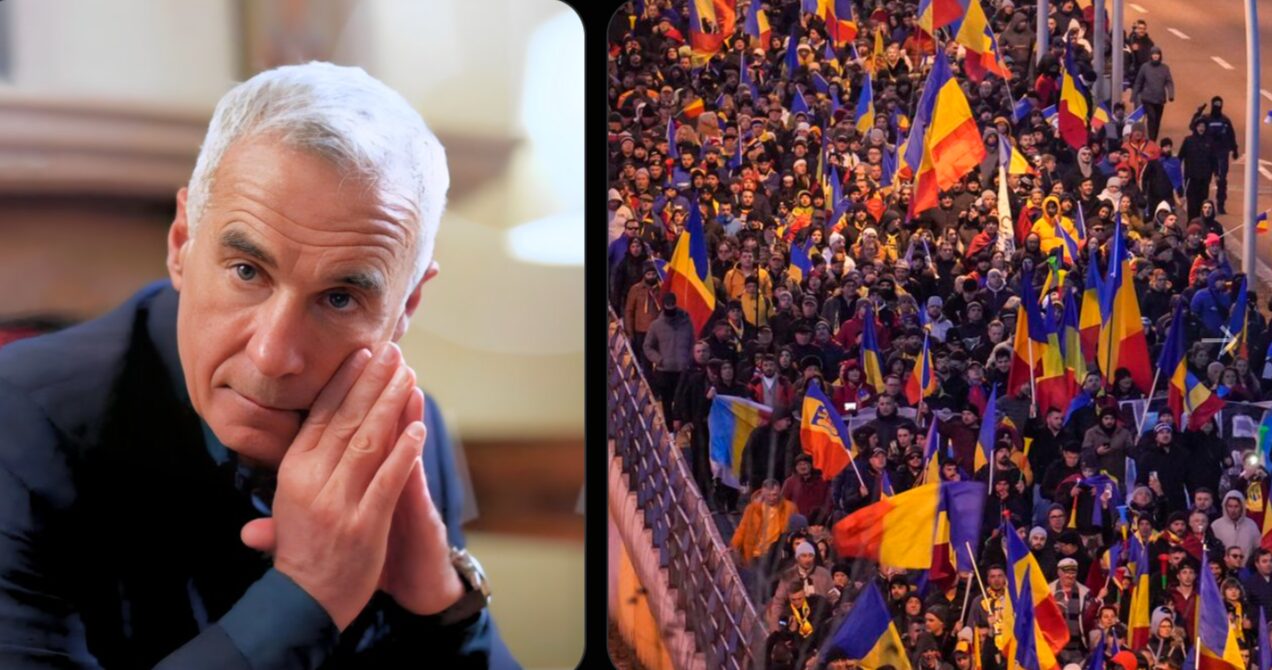

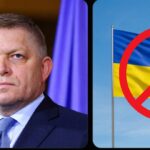
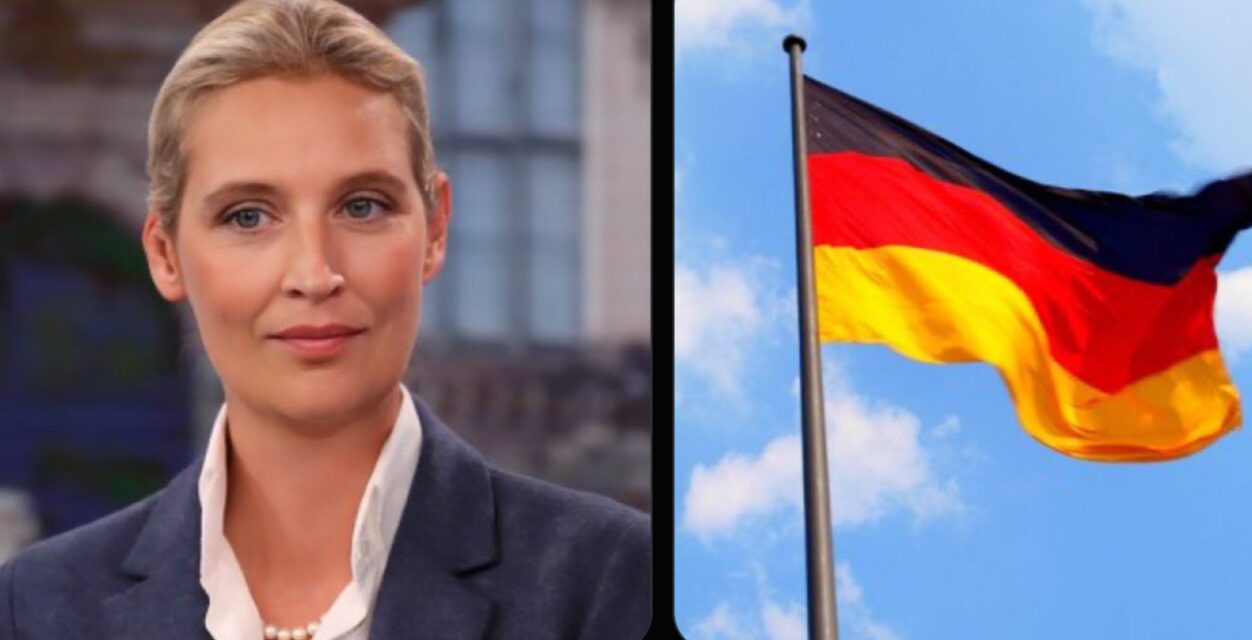
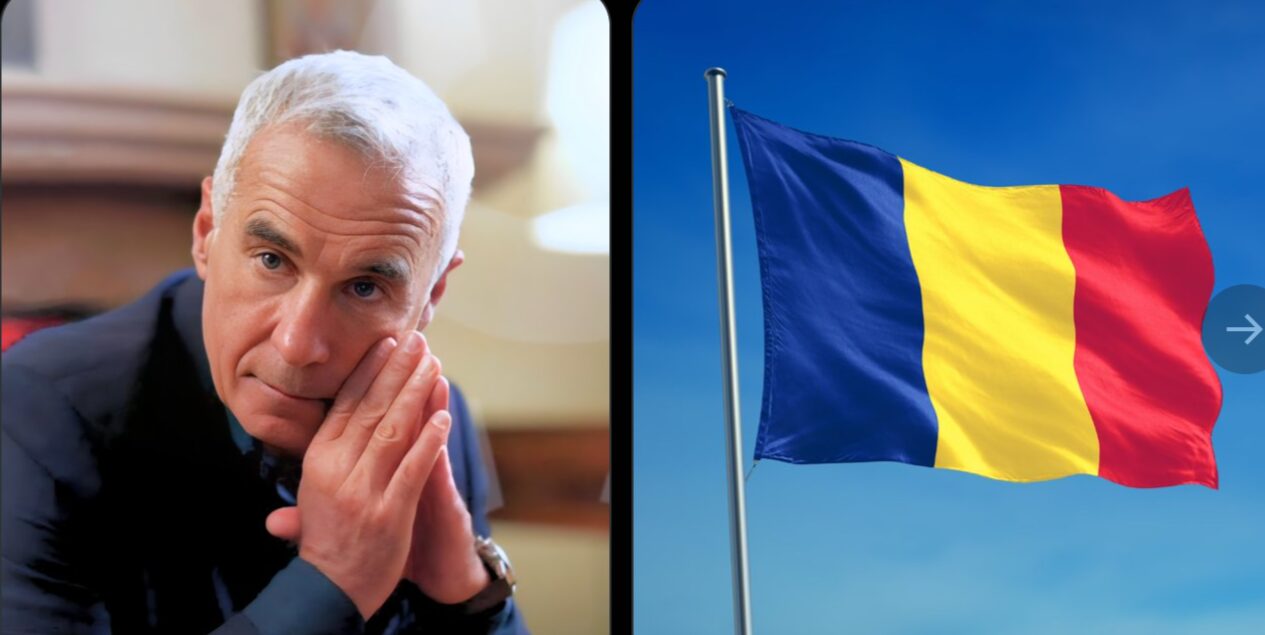
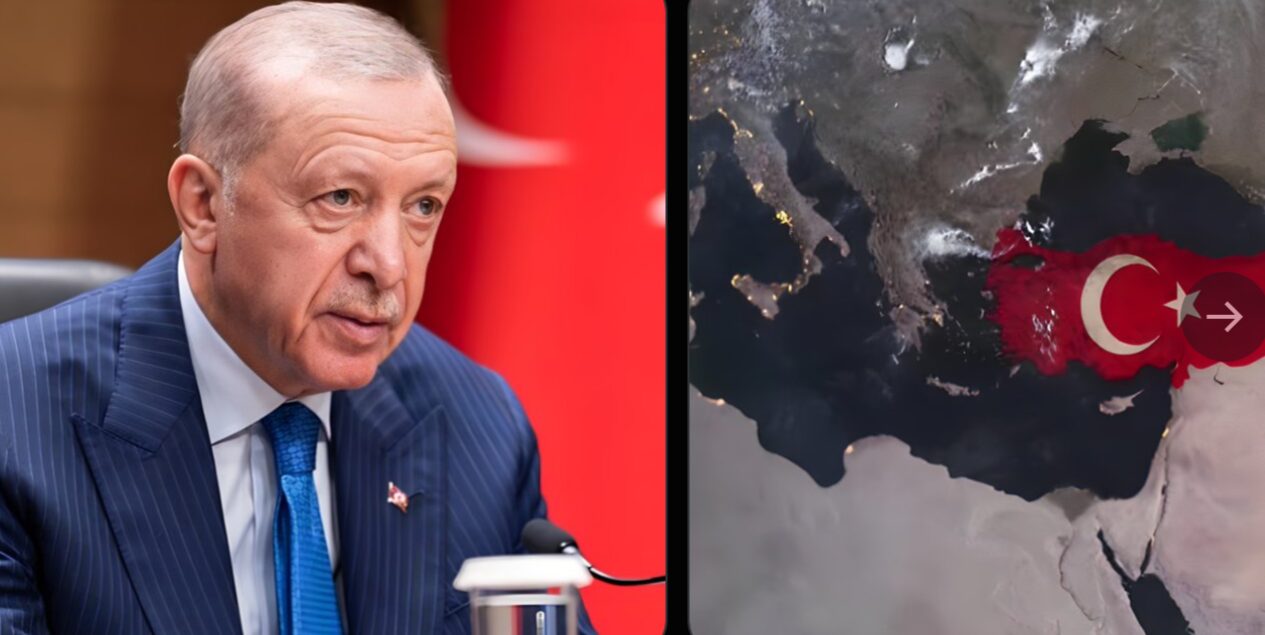

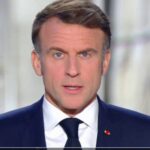
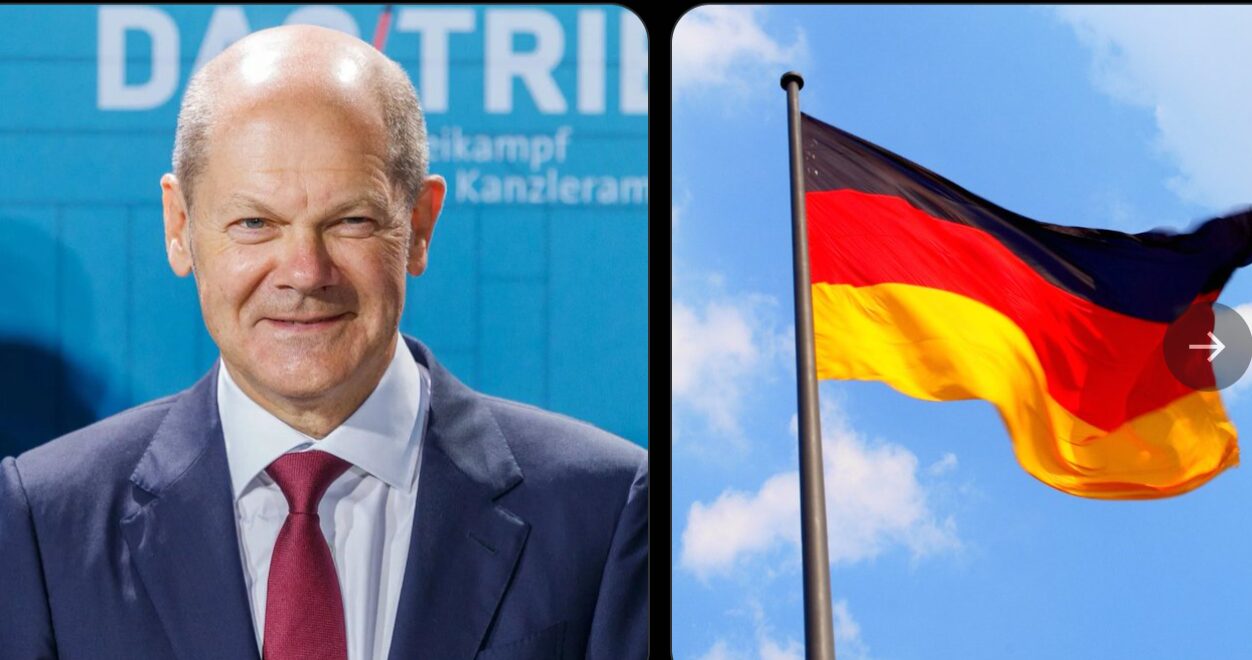








Post Comment